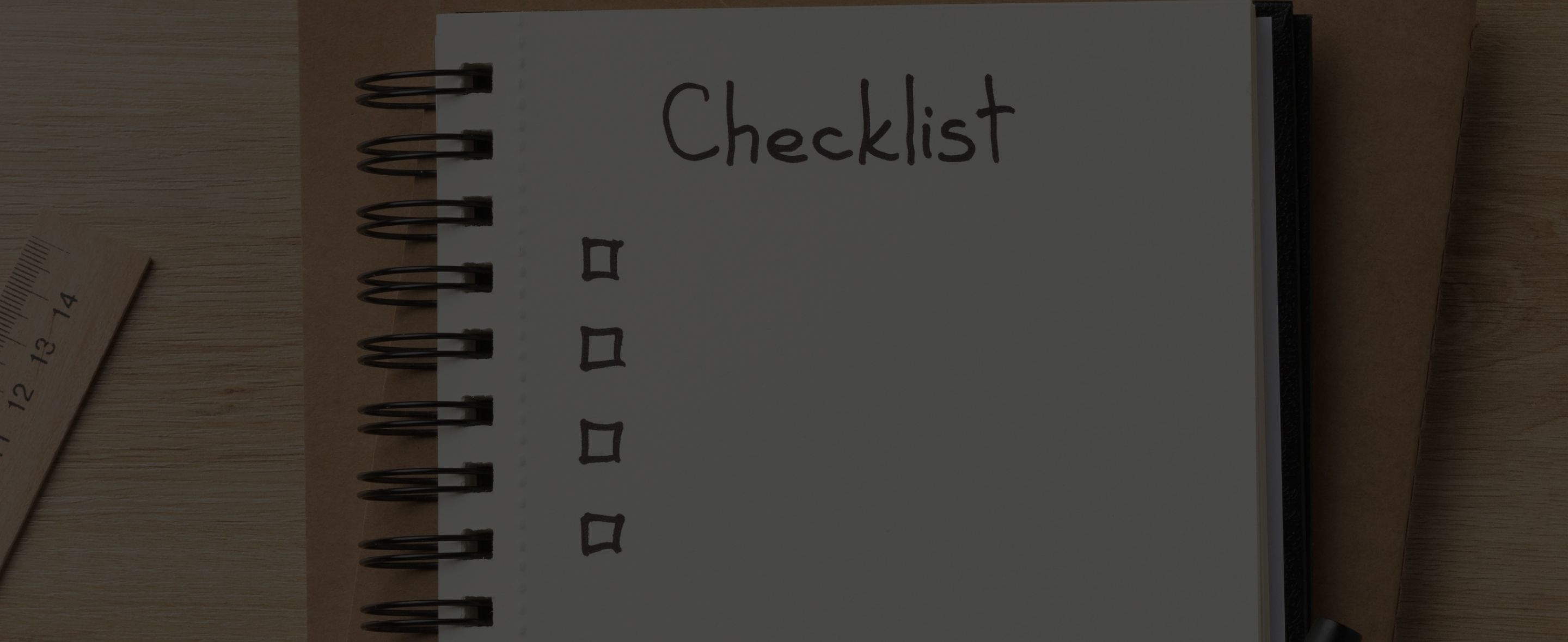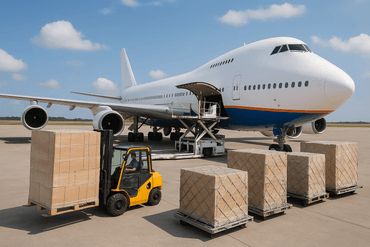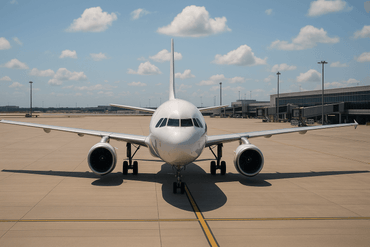
The ultimate export checklist



The ultimate export checklist
Since iContainers came into business nearly 10 years ago now, we’ve dealt with our fair share of importers and exporters. This includes experienced shippers, and budding businessmen stepping into the world of ocean freight for the first time. Shipping represents some 90% of world trade and is unsurprisingly importers and exporters’ first choice for transporting cargo. But at the same time, it’s not short of its complexities. First-time exporters often find themselves lost having to grasp the concepts of international transportation.
In this post, we’ll provide an export checklist detailing the most basic aspects of international trade to take into consideration when you’re facing your first export. These include some of the most commonly asked questions and commonly made mistakes from first-time exporters. With this export checklist, you can hopefully reduce chances of unexpected delay and additional costs.
1. EORI Number
EORI stands for Economic Operator Registration and Identification. It allows the different customs authorities to track imports and exports within the European Union. It’s usually allocated to individual legal identities for easy identification by customs. As long as you’re importing or exporting to/from the EU, you will require the EORI. To apply, send an application directly to the customs authorities of the country in which you are established.
Keep in mind: You don’t need to be a registered company to obtain the EORI number. Sole traders and individuals can get the number the same way.
Note that the EORI differs from the VAT. The VAT number is for taxes, while the EORI assists with customs services by tagging you as a business operator. If you’re a VAT-registered company, you should already have an EORI number. If not, you can always apply for it again from your customs office.
For more information on EORI, you can visit the EU Taxation and Customs Union page.
2. Incoterm
What is an incoterm? Incoterms are a set of pre-defined international rules published by the International Chamber of Commerce. They determine the contractual clauses used in international commercial sales contracts. In layman terms, the incoterm determines who’s responsible for the cargo and its costs at each step of the international transport process. Depending on the incoterm chosen, one party or another assumes certain responsibilities during the maritime transport process.
Keep in mind: Make sure you’re aware of the different incoterms available. Know how to choose an incoterm that suits your shipment, budget, and responsibilities you’re capable of assuming and willing to assume.
Make sure to include this on your export checklist. If still in doubt, contact your freight forwarder for advice.
3. Shipment loading/unloading
Shipment loading/unloading differs depending on whether you have a Less than Container Load (LCL) or Full Container Load (FCL) shipment. Each calls for a different method of cargo removal. In the case of an LCL, you should check if you need special measures such as a lifting platform to retrieve your cargo. For FCLs, remember to take into consideration the limited time granted for the loading and unloading of your cargo. This varies from shipment to shipment.
At iContainers, the generally agreed time we have is our suppliers is two to three hours. This may seem more than enough, but it’s not rare for first-time exporters to exceed this allocated time by an hour – resulting in detention fees. This is often due to failing to take into consideration the loading/unloading requirements for their cargo and/or failing to pack the merchandise properly.
We recommend palletizing your merchandise, and to have a forklift ready to speed up container loading. With these preparations ready, loading shouldn’t take more than 1 hour and 1.5 hours for a 20-foot and 40-foot container respectively.
Keep in mind: Exceeding the allocated time could result in exorbitant prices. Here’s how to avoid delay-related charges.
4. Documentation
Documentation forms one of the most crucial aspects of the international shipping process. Exporters require certain specific documents. Others depend on the type of merchandise and/or country to which you’re exporting. Some of the more common documents include:
- VAT invoice: The EU has specific rules on VAT that vary depending on the country. That said, keep in mind that if exporting to non-EU countries, VAT should NOT be charged.
- Packing list: The packing list details all the contents of each package within your shipment. This includes weight and measurement. This is to be declared to customs and should be as accurate as possible. In the event of an inspection, inaccuracies in the packing list could result in delays and/or withdrawals. Make sure you know how to fill in a packing list correctly.
- Customs clearance authorization letter: Customs usually requires an authorization letter by the consignee for all shipments.
As previously mentioned, you may require more specific documentation depending on your merchandise and destination. For example, plant-related goods require the phytosanitary certificate, and a certificate of origin relates to exports to certain countries who have preferential trade agreements.
If you require these certifications, make sure to mention this to your freight forwarder when you make your shipment booking. At iContainers, we provide the option of assisting you with obtaining these certificates.
Keep in mind: Double check the documents required. The absence of certain documents could result in customs delays and extra costs.
5. Bill of Lading
The Bill of Lading (B/L) to your merchandise is equivalent to an air ticket to a traveling plane passenger. That said, having accurate information on the Bill of Lading is vital. Add this to your export checklist now!
The shipping companies issue a draft of the B/L with the data provided. The exporter’s role includes corroborating that the details listed are correct. First-time exporters often fail to note the importance of checking and double-checking every single detail on the B/L. If unsure, do give our post on How to fill in a Bill of Lading a read.
Keep in mind: Altering the details of a B/L after its issuance could result in a cost.
6. Time needed for your international transport
We understand the excitement that comes with facing your first export. But before finalizing your export, we advise you to find out more about the different rates, times, and any special needs regarding your shipment. Ideally, this should be done one month prior to your targeted shipping date.
It’s advisable to contract a freight forwarding service at least one week in advance (or two, if possible). This will allow you to have more flexibility with regards to any resulting time adjustments and delays.
Keep in mind: Contacting your freight forwarder early means gives you the benefit of being able to choose from a wider range of sailing and price options.
Related Articles


